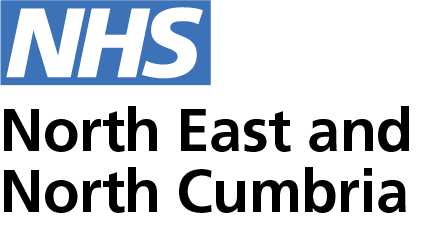We are creating different levels of training that will help you to understand health literacy and how to use it in your work.
Available training
We have dates available for Health Literacy Awareness and How to Write Simply training. Click on the links below to book a place.
Virtual webinars
Ever wondered what health literacy is all about? Want to know why it matters and how it can help?
This session will give you a short introduction to health literacy. You will find out what health literacy is and what you can do to make it better. You’ll learn how it affects patients, carers, families and the wider community and how better health literacy can make it easier for everyone to engage in their health and wellbeing.
Health Literacy Awareness – 26/09/2024 at 1:00pm
Health Literacy Awareness – 15/10/2024 at 10:00am
Health Literacy Awareness – 20/11/2024 at 1:00pm
Health Literacy Awareness – 17/12/2024 at 10:00am
Health Literacy Awareness – 23/01/2025 at 1:00pm
Health Literacy Awareness – 12/02/2025 at 10:00am
Health Literacy Awareness – 20/03/2025 at 1:00pm
How to Write Simply
Got some health information to write and don’t know where to start? Want to know how to make your writing clearer?
This session will show you how to write clearly and simply. We’ll give you tips and tools to help make your writing as readable as possible.
When health information is clear and simple, people understand their health better. They can make more informed choices, and be more active in their health and wellbeing.
How to Write Simply – 26/09/2024 at 2:30pm
How to Write Simply – 15/10/2024 at 11:30am
How to Write Simply – 20/11/2024 at 2:30pm
How to Write Simply – 17/12/2024 at 11:30am
How to Write Simply – 23/01/2025 at 2:30pm
How to Write Simply – 12/02/2025 at 11:30am
How to Write Simply – 20/03/2025 at 2:30pm
Face to face sessions
Face-to-face health literacy training is now available. Our face-to-face training includes a Speaking Simply session.
The Speaking Simply session will make you aware of the importance of good communication. You will learn about the impact that low health literacy has on people and organisations and when verbal interactions can be improved.
During this interactive session you will learn some tips and techniques for making your conversations engaging and impactful.
The following dates are available. You can book on all 3 session or just the sessions you need.
Face-to-face health literacy training at Cumberland Infirmary on Thursday 14 November 2024.
See attached flier for information. Email stsft.nenchealthliteracy@nhs.net to book a place on 1 or all the sessions.
Face-to-face health literacy training at Northumbria Health and Care Academy on Monday 9 December 2024.
See attached flier for information. Email stsft.nenchealthliteracy@nhs.net to book a place on 1 or all the sessions.
Face-to-face health literacy training at Wigton Hospital on Wednesday 19 February 2025.
See attached flier for information. Email stsft.nenchealthliteracy@nhs.net to book a place on 1 or all the sessions.
Coming soon
A Train the Trainer programme will soon be available. Details will be shared on this page.
Other courses that you may find helpful
Future Learn Course








